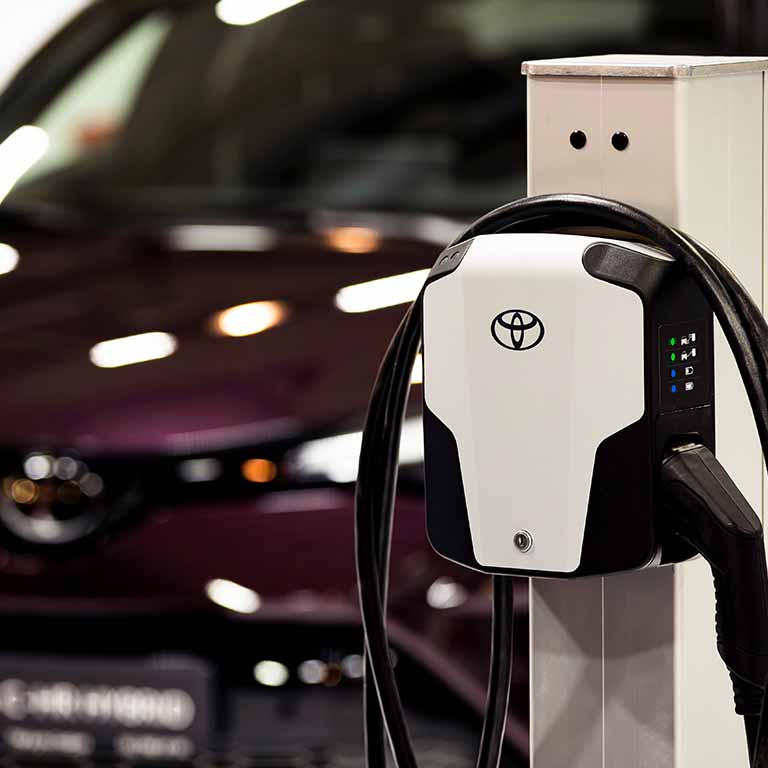
Representative Example: You could borrow £10,699 over 60 months with an initial payment of £495.89 (including £199 Admin Fee) followed by 58 monthly payments of £296.89 with a final payment of £495.89 (including optional £199 Option to Purchase Fee). Total amount repayable will be £19,012,40. 26.1% APR, annual interest rate (fixed) 13.3%.
The Admin Fee is a £199 fee that helps cover the costs of setting up your finance agreement. It covers things like preparing your agreement documents, carrying out credit and identity checks, and arranging payment to the broker. This fee is paid at the same time as your first payment, and it isn't refundable. It's separate from your deposit and from any other charges on your agreement.
The Optional Purchase Fee is a £199 fee you only pay if you decide to buy the car at the end of your finance agreement. You don't have to buy the car, that's entirely your choice. If you choose to hand the car back instead, you won't pay this fee. If you decide to keep the car, you'll need to pay the £199 Optional Purchase Fee, usually along with your final payment, to transfer legal ownership of the vehicle to you. This fee covers the cost of finalising your agreement and removing our interest in the vehicle. It's separate from your deposit and from any other charges on your agreement.
The amount shown is an illustration of a typical monthly payment based on the Representative APR. These figures are for guidance only; the actual payments and rate you're offered will depend on your individual circumstances and are not guaranteed. Please see below for details of how your first and final payments may be different.
Can you finance an electric car and is it worth it?
Thinking about making the switch to an electric car but unsure how the finance works? You're not alone. With more people exploring greener options, electric vehicles (EVs) are becoming a popular choice. And yes, you can finance one just like a petrol or diesel car.
This guide answers some of the most common questions about electric car finance. Whether you're worried about monthly payments, charging costs, or resale value, we’ve broken it down into seven helpful sections to give you clarity and confidence.
Yes, electric cars can be financed just like petrol or diesel vehicles. You can apply for a HP car finance or PCP over a set number of monthly payments and own the car once the final payment is made. PCP works differently, you pay lower monthly amounts but must pay a final balloon payment if you want to keep the car at the end.
You don’t always need a deposit either. Some lenders, offer zero deposit car finance on used electric cars. This makes it easier to get started if you don’t have savings upfront.
Financing an EV gives you flexibility. Instead of paying the full price all at once, you can spread the cost in a way that suits your budget.
Electric cars often cost more upfront than petrol or diesel cars, which can mean slightly higher monthly payments. However, the finance cost depends on the total amount borrowed, your credit history, and the agreement length.
Used electric cars tend to be more affordable and are becoming more common, so your options are growing. With a good credit file and the right lender, you might find monthly payments that suit your budget, especially if the car is a few years old.
It’s worth checking if your finance deal includes added features like a warranty, servicing plan, or breakdown cover, as these can help offset other EV costs.
Yes, you can still get car finance for an electric vehicle if you have bad credit, though your options might be more limited. Some lenders specialise in helping customers with lower credit scores. They’ll look at your overall financial situation, not just your credit history.
At AutoMoney Motor Finance, we consider a range of credit backgrounds. We focus on whether the finance is affordable for you now, rather than only looking at past issues. You may need to provide some extra documents to show that your income is steady and the repayments are manageable.
Even with bad credit, finance for electric cars is still possible, especially with the right support.
Running costs for electric vehicles can be lower than petrol or diesel cars. You won’t need to buy fuel, and EVs usually cost less to maintain since they have fewer moving parts. Some charging can even be done at home for cheaper rates, especially overnight.
That said, charging costs vary depending on where you top up. Public charging can be more expensive, and home installation of a charger is an upfront cost to consider.
If you're financing an EV, you still need to budget for insurance, servicing, and other ownership costs. But overall, many drivers find that they save money on running costs compared to traditional cars.
Electric cars are improving when it comes to holding their value, especially as more drivers switch to EVs. Some older models dropped in value quickly due to battery concerns, but newer EVs tend to keep their worth better.
If you're buying a used electric car on finance, make sure the car has a solid battery warranty and low mileage. This helps protect its value and avoids surprises later on. If you choose HP, you'll own the car at the end, so future resale value matters.
While EV resale values can vary, choosing a well-known model from a reliable brand often means stronger value in the long run.
Before applying, it’s worth doing a few simple checks. First, think about how and where you'll charge the car. If you can't install a home charger, make sure you have regular access to public charging stations nearby.
Next, review the car’s battery range. Make sure it suits your lifestyle, whether you drive short daily routes or longer journeys. Also, look at the age and condition of the battery. Most EVs come with a battery warranty that lasts up to 8 years or 100,000 miles.
Finally, compare finance offers. Look at the interest rate, any required deposit, and whether there are early repayment options. These small details can make a big difference over time.
Financing an electric car can be a smart choice if you’re ready to make the switch. While the upfront cost might be higher, the savings on fuel and maintenance often make up for it. With growing support for EVs across the UK, more charging points and better second-hand models are becoming available.
You also avoid the large upfront payment by spreading the cost with monthly finance, making electric cars more accessible than ever.
If you find a deal that fits your budget and driving habits, financing an EV can offer a cleaner, more cost-effective way to drive.

